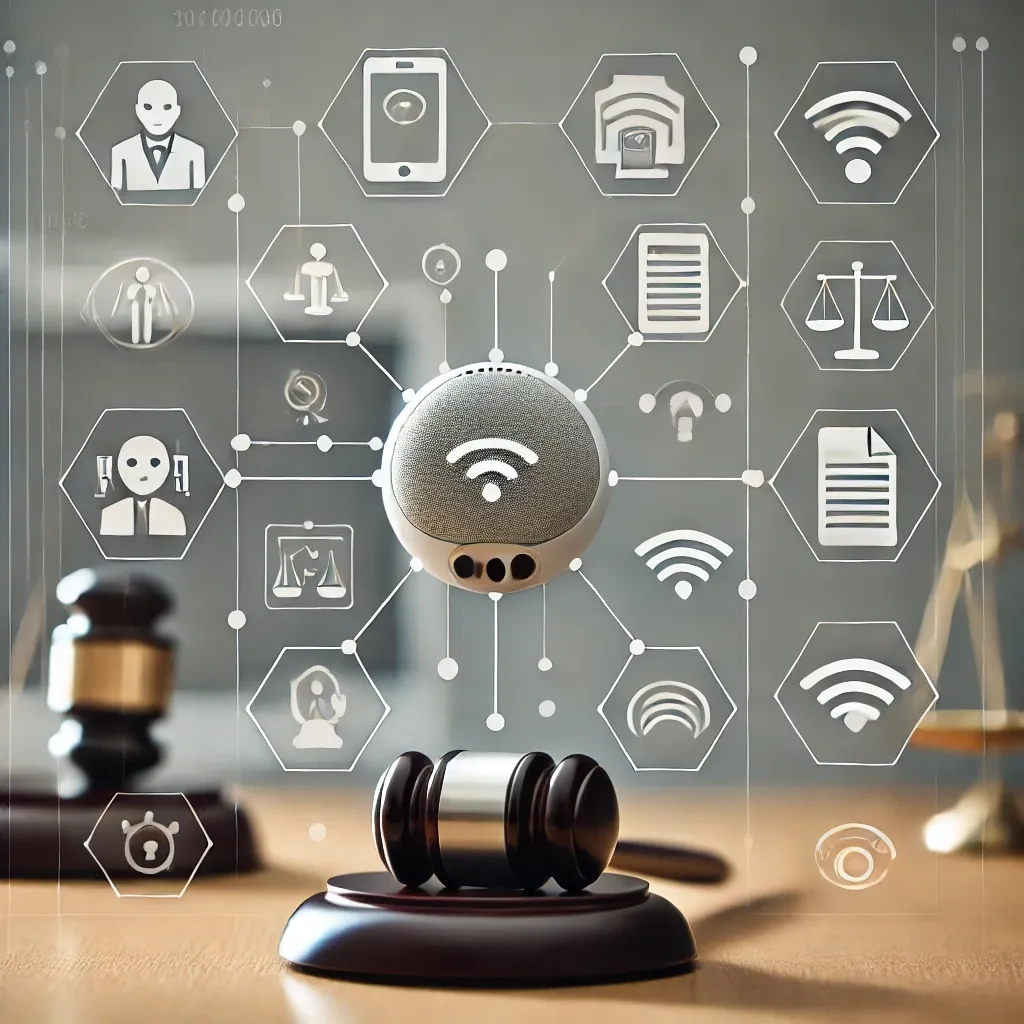Ensuring EU product compliance is vital for any company wanting to access the European market. With EU Regulation 2019/1020, economic operators must meet strict regulatory requirements to avoid market surveillance risks, such as fines, product recalls, and even market bans.
Why Product Compliance Matters
Compliance with EU regulations ensures that your products are safe, reliable, and meet the EU’s strict standards. Failure to do so can lead to severe consequences, including heavy fines and market exclusion. Staying compliant also builds consumer trust and protects your brand’s reputation.
Key Steps to Avoid Market Surveillance Risks
1. Appoint an EU Representative
Non-EU manufacturers must appoint an EU representative responsible for ensuring compliance with market surveillance authorities. This representative serves as the main point of contact between your company and EU regulators, ensuring accountability and compliance.
2. Maintain Accurate Documentation
Having an up-to-date EU Declaration of Conformity and technical documentation is essential. These documents prove that your products meet EU regulatory requirements, ensuring that you’re always prepared for market inspections.
3. Cooperate with Authorities
Economic operators must cooperate with EU market surveillance authorities by providing the necessary technical documentation and acting on compliance issues immediately. Proactive cooperation can prevent penalties and resolve potential issues early.
4. Take Immediate Corrective Actions
If your product is flagged for non-compliance, you must take immediate corrective actions. This could involve issuing product recalls, modifying the product to meet safety standards, or communicating warnings to consumers. Fast action helps minimize disruption to your business and protects your reputation.
5. Ensure Online Sales Compliance
Products sold online must also comply with EU regulations. Ensuring your IoT devices meet these regulations before reaching consumers is crucial to avoid market surveillance penalties.
The Upcoming Product Liability Directive
The new Product Liability Directive modernizes liability rules to cover emerging digital products like IoT devices and AI-enabled products. This new directive introduces:
- Liability for software and AI, ensuring these products meet safety standards.
- Easier consumer claims, easing the burden of proof in complex cases involving digital products.
- Holding non-EU manufacturers accountable, even for direct sales to EU customers.
These updates work hand-in-hand with EU Regulation 2019/1020, making sure the European market remains a safe, reliable space for consumers.
IoT and Directive 2014/53/EU: Special Considerations for IoT Devices
IoT manufacturers must ensure compliance with the Radio Equipment Directive (2014/53/EU), which outlines:
- Health and Safety: Devices must protect users from potential hazards.
- Efficient Spectrum Use: IoT devices must use radio frequencies without causing interference.
- Electromagnetic Compatibility (EMC): Devices must not interfere with other electronics.
Non-compliance with these directives could result in significant consequences, from product recalls to market exclusion.
How IoT Consulting Partners Can Help You
At IoT Consulting Partners, we specialize in helping businesses navigate EU regulatory compliance. Our services include:
- EU Representative Services: Acting as your official representative to handle compliance with EU regulatory bodies.
- Documentation Management: We maintain up-to-date technical documentation and EU Declarations of Conformity, ensuring your products are always prepared for market surveillance.
- Product Testing: We assist with testing your IoT devices to ensure compliance with health, EMC, and spectrum efficiency standards.
- Corrective Actions: If your product is flagged for non-compliance, we work with you to swiftly implement corrective measures.
By partnering with IoT Consulting Partners, you can focus on innovating and delivering high-quality IoT products, while we ensure your products comply with all relevant EU regulations.


